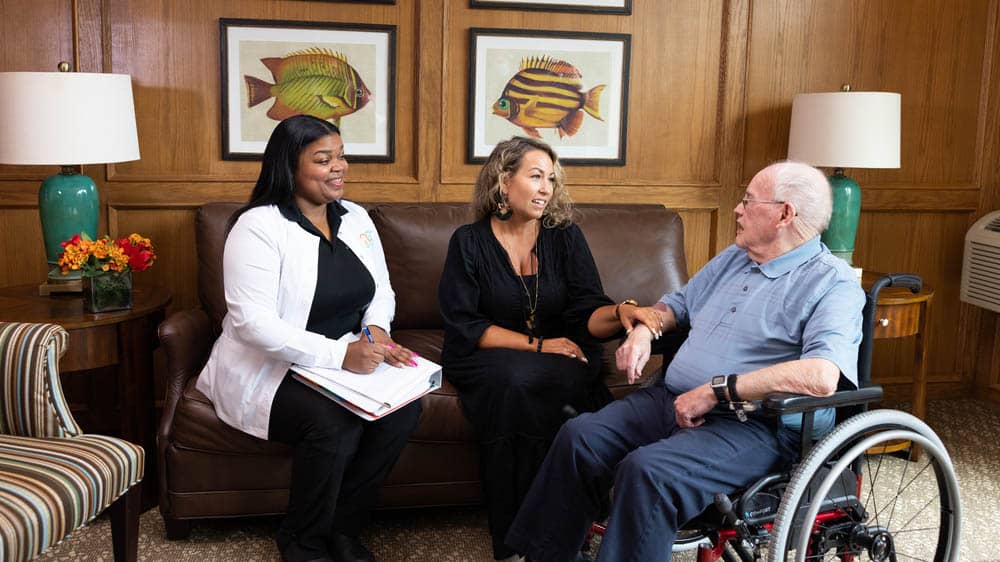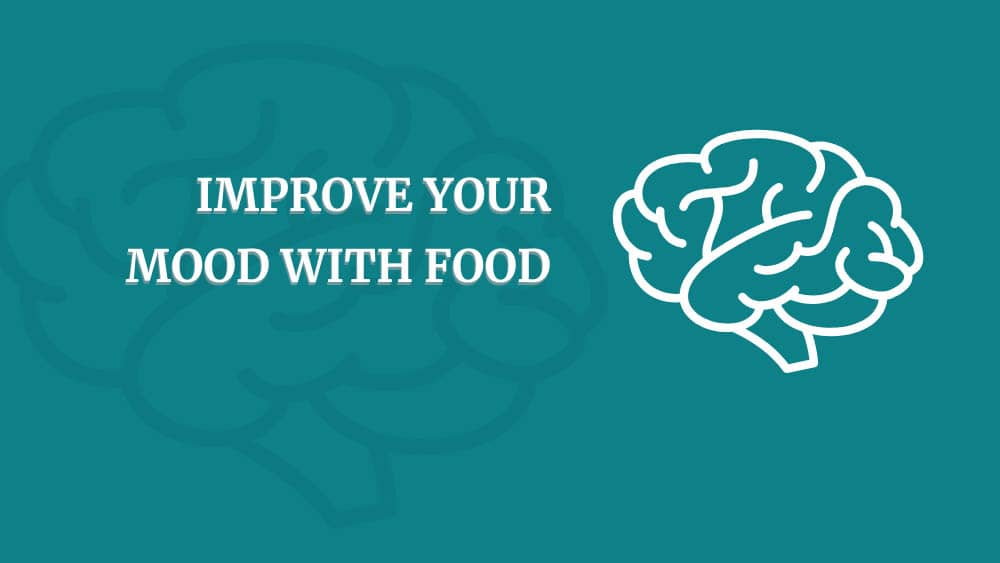

Helping Your Older Parents Stay Happy & Healthy
How do we deal with the change in the role from child of, to a “parent” to our parent? I’d like to share with you the following article written by Robert Stall MD, Geriatrician. No matter which of these caregiving situations you may be in, you should understand that you are not alone – millions of Americans are Adult Caregivers. If you are feeling physically or emotionally overwhelmed, this is a very normal reaction and there is help available.
Helping Your Older Parents Stay Happy and Healthy
If you’re fortunate enough to have one or both parents still living, you may have noticed a role reversal taking place in your relationship. Remember the days when Mom shuttled you to the doctor whenever you were sick? Now, it may be you who’s driving her to her medical appointments. Perhaps you’ve become even more involved in managing her healthcare needs – serving as her healthcare proxy, moving her into your home to care for her, or even having to select a nursing home for her to live in.
Whatever the case, it’s natural to feel challenged – and, yes, intimidated – in the role you’ve undertaken. But if you stay positive and proactive, you’ll be in a great position to advocate for your parents’ optimal care. And, really, what better way is there to say “Thank You” for all they’ve done for you over the years?
The following six recommendations will help you understand what may be happening to your parents as they age – and what you can do to help.
1. Stay vigilant to sudden changes.
Typically, sudden changes arise from sudden problems. Your elderly father who becomes confused one week but was alert and oriented the week before, or becomes unsteady walking and starts falling, is likely experiencing an acute problem – an infection, medication side effect, or perhaps, a heart attack or stroke.
If you pay attention to your parent’s baseline health and behavior, you’ll be alert to sudden, and subtle, fluctuations. Being attuned to what’s “normal” for your parent is critical in advocating for his care. By informing his physician of these changes, you help ensure that he receives a proper diagnosis and timely treatment – especially important in acute conditions.
2. Investigate the source of gradual decline.
Several years ago, I met an elderly woman living in a nursing home. Her family, assuming she had dementia, had moved her there after she had gradually stopped speaking. After performing a brief procedure on her, I asked how she was doing. “I’m OK,” she replied. A miracle? Not exactly. I’d removed bullet-sized pieces of wax from her ears. She’d stopped speaking because her ears were too plugged to hear.
A host of conditions can cause gradual decline. Before jumping to the conclusion – as many people do – that Alzheimer’s disease is the culprit, recognize that your parent may be experiencing an altogether different problem: a vitamin B12 deficiency, an underactive thyroid, Parkinson’s disease or depression, to name a few.
When discussing your parent’s decline with her physician, make sure the two of you consider all the possibilities. To prepare for the appointment, make notes detailing how her decline has manifested itself – loss of appetite, a failing short-term memory and so forth – and how long you’ve noticed these changes. That way, you won’t leave anything out.
3. Know thy parent’s medicine cabinet.
Familiarize yourself with the medications your parent takes: what each one is for and how often he takes them. Make sure you notify each doctor your parent visits of all the medicine he takes, including over-the-counter products. Ask what side effects you might observe from each medication and whether it’s potentially dangerous if your parent takes them together. You also want to tell the doctor whether your parent drinks alcohol or caffeinated drinks and whether he smokes, as these substances can affect some medications’ efficacy and safety.
4. Discourage ageist attitudes.
Simply put, ageism is prejudice against the elderly. It exists in many forms but can be particularly damaging to an older person’s self-esteem when it assumes that all of her woes are age-related. Here are a couple of ways of expressing ageism to an elderly parent:
“What do you expect at your age?”
“You’re not getting any younger.”
If you’re ever tempted to utter something similar, remind yourself that by chalking up everything that ails her to her age, you sell your parent short. If she’s depressed, it may have nothing to do with the fact that she’s 80 and everything to do with a biological predisposition to depression. And remember that right-knee pain in a 90 year-old can’t be just from age if there’s no problem with her left knee. (More about Dr. Stall and a more in-depth article on the attitude of society towards medical care for the elderly can be found at http://www.longtermcarelink.net/eldercare/medical_care_issues.htm )
5. Address not just symptoms—but emotions, too.
There is disease and then there is “dis-ease” – that is, a lack of ease, security or well-being. “Dis-ease” can manifest itself as myriad emotions in an elderly person: fear, grief, boredom, embarrassment and sadness among them. The fact is, these emotions can be every bit as debilitating as disease. Take the case of a parent who’s incontinent. Too embarrassed to socialize, she cuts herself off from friends. Without companionship, she becomes lonely. Instead of allowing her to become a hermit, discuss with her doctor how to address the incontinence. Together, you can consider different solutions that will ease her embarrassment and reinvigorate her social life.
6. Strive to maximize your parent’s quality of life.
No matter our age, we all want to enjoy life to the fullest and have the capability to do the things we want to. Improving the enjoyment of life and a patient’s functional ability are the cardinal goals of geriatric care. But you don’t need a medical diploma on your wall to help your parent achieve either of those goals.
Being there to solve a problem or provide company are tremendously worthwhile services you can provide – no expertise required. Remember, as your parent gets older, his quality of life becomes more important to him than how much longer he lives. And he doesn’t necessarily need medications or surgery to ensure that he’s living the latter part of his life to the fullest.
If he enjoys books but has difficulty reading regular-sized type, check out sight-saving titles at the library. If he’s grieving the loss of his best buddy, introduce him to new acquaintances at the senior center. If he’s living in a nursing home, bring your kids there to share a meal with him.
Sometimes, it’s the small gestures that have the most profound impact. As the child of an elderly parent, you are uniquely positioned to deliver these life-changing gifts.







